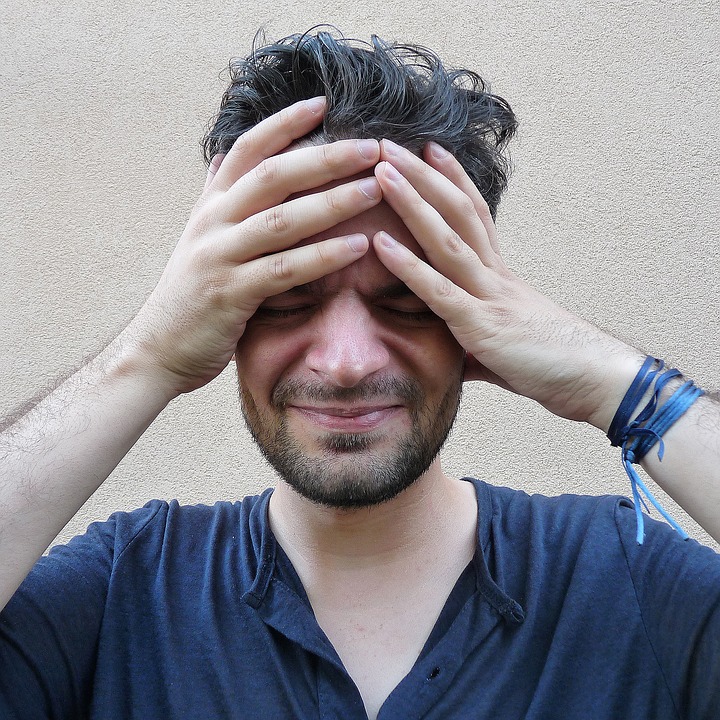 BBC News
BBC NewsBorrowing was £17.4bn last month, the second highest October figure since monthly records began in 1993.

Finito World
About 82 per cent of employees globally were at risk of burnout last year, with 40% citing exhaustion as a contributing factor, according to the 2024 Global Talent Trends report. Taking a break from work—a real pause to recharge, chase a dream, or figure out life, however, means different things depending on where you are in the world. Some cultures make it easy, even expected, while others see it as risky or indulgent.
Gary Clark, Director at SIA Austria, a provider of gap year ski courses, says: “In places where sabbaticals are encouraged, you’ll find a stronger focus on personal growth and overall happiness. But where they’re frowned upon, work often dominates life—and that’s not sustainable in the long run. It’s easy to think of work as the default, but when you step back and consider the bigger picture, time away can make you sharper, not weaker.”
In this article, we’ll look at how different cultures view taking a career break, from Scandinavia’s built-in flexibility to Canada’s growing embrace of sabbaticals and why stepping back can sometimes be the smartest move.
Sweden: business ventures over burnout
Sweden is one of those places were taking time off isn’t just accepted—it’s built into the system. Swedish workers, for example, can take a leave of absence – up to six months off from their jobs to start a business. And they still have the right to return to the same role afterwards. It’s not paid leave, but that kind of safety net can make all the difference if you’ve got a solid idea and want to give it a shot without risking everything.
But this fits into Sweden’s way of thinking perfectly, which is balancing big ideas with everyday life. Sure, starting a business isn’t easy—it comes with plenty of hurdles—but having the option to return to your old job gives people the courage to try. It’s a reminder that good policies can spark both creativity and better mental health at the same time.
Denmark: family time or “me time”—you choose
Over in Denmark, it’s all about flexibility and work-life balance. Parents get generous leave options and can split them however they want. It’s not just about having kids, though. The country offers the most flexible (and generous) leave options that cater to various personal needs, compared to most countries. It could be anything, from caring for a loved one, recovering from burnout, or even just taking a breather – the system works to put mental wellbeing and sustainable living first.
Why? Because Denmark values happiness and sees it as directly tied to productivity. When people have time to deal with life, they come back to work feeling better—not just for themselves but for their teams too. If people tell their managers they’re stressed and need a break, they’ll actually listen instead of suggesting to ‘push through it.'” That level of understanding is rare but makes a massive difference.
Canada: sabbaticals are catching on
Canada, with its massive wilderness and work-hard-play-hard mentality, is starting to embrace sabbaticals in a big way. It’s not a legal right like in Sweden, but more companies are offering these extended breaks as part of their benefits. Giving people time to reset often leads to better long-term performance.
And what do Canadians do with that time? For some, it’s about adventure—taking ski instructor courses in the Rockies or tackling their first black diamond runs. It’s no surprise given the Canada’s snowy playground. Others use the time to explore passions like art or writing or even reconnect with family.
Gary Clark says: “Sabbaticals offer more than just skill-building. People rediscover themselves—whether it’s through learning to teach skiing or simply immersing in nature. The mental clarity gained often brings fresh ideas and purpose back to their lives. And a good sabbatical policy isn’t just a perk—it’s an investment in people. Offering time off to recharge isn’t just something generous – It’s practical and forward-thinking.”
How it plays out elsewhere
Not every country is on board with this idea. In the U.S., for example, taking time off is often seen as a career risk, even if you’re burned out. In parts of Asia, career breaks can carry a stigma, particularly in industries where loyalty is prized above all else. That doesn’t mean change isn’t happening—it’s just slower in some places than others.
The way we approach career breaks says more about us than we realise. Countries like Sweden and Denmark make space for people to take care of themselves or try something new, without fear of losing their jobs. Canada, on the other hand, is showing that even without formal policies, cultural shifts can drive change. The truth is, stepping back can be transformative, no matter where you live. It gives people a chance to breathe, to think, to rediscover what drives them.